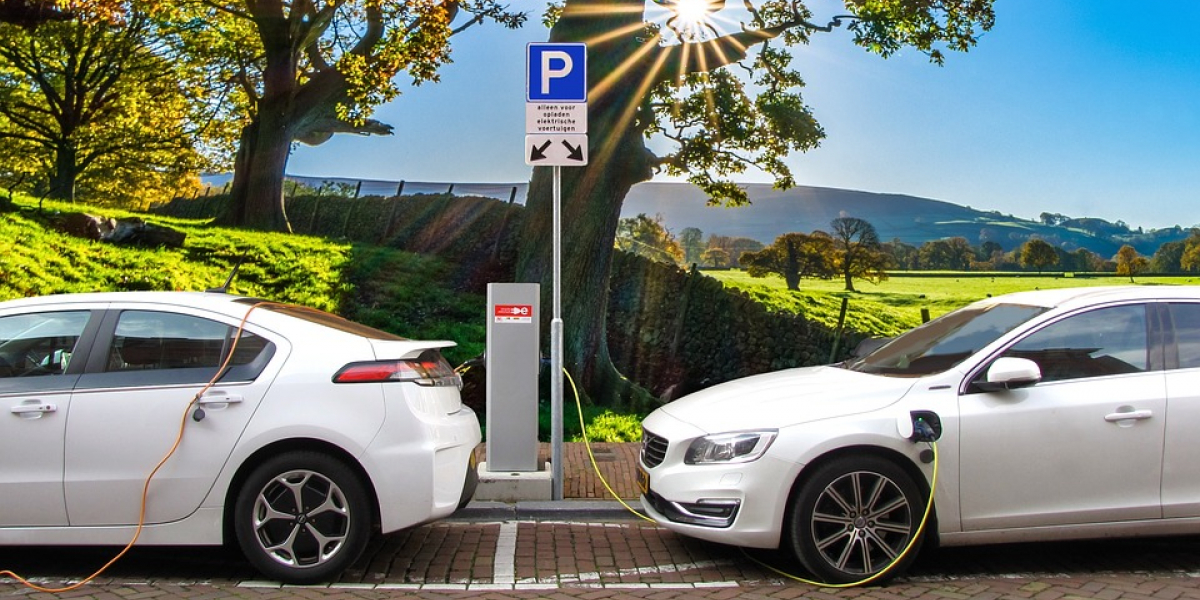
March 17, 2020
For the millions of Canadians who drive a gasoline or diesel-powered vehicle, the recent drop in gasoline price is likely welcome news. Over the past week, gasoline prices have been falling significantly across the country. Some areas have seen the price at the pump tumble by ten cents per litre of gasoline. There are many reasons for this decline in price including Coronavirus-related reduction in oil demand and the recent price war between Russia and Saudi Arabia.
But what does this mean for the transition to electric vehicles (EVs)?
The short answer: Not much.
Of course, if you save $3 at the pump you may think twice about getting an EV right away. But there is far more involved in consumer decision-making about vehicle purchases than gas price or fuel efficiency for that matter. Case in point: the popularity of gas-guzzling SUVs and trucks in Canada. The short-term savings in fuel costs must be put into context of other factors important to car owners, as well as broader market, technology, and policy trends, all which tip the scale in favour of EVs.
Globally, in 2019 EV sales increased 9% and represented 2.5% of all vehicle sales. Europe experienced a remarkable 44% year-on-year growth of EV sales. In Canadian provinces where there is policy support for electric vehicles, sales have also increased significantly. In Québec, EVs represented 8% of all new passenger vehicle sales and in British Columbia zero-emission vehicles now make up 10% of all new sales. There are now over 11,500 public chargers available to EV owners in Canada with thousands more in the works, significantly reducing the risk of unexpectedly running your batteries empty. In other words, the winds are significantly shifting in favour of electric vehicles, making variation in gas prices more and more inconsequential for the fate of EVs.
Here are four key reasons why lower gas prices will not stop Canadians from buying an EV:
1) Total Costs. Saving a few bucks at the pump is great but EVs have the potential to save households far more than fossil-fuelled cars. The cost to fuel and maintain an EV is 70% less than a comparable internal combustion engine vehicle. The reason for these savings is that electricity is cheaper than even “cheap” gas and that EVs are much easier to service. EVs have 100 times fewer moving parts than internal combustion engine vehicles: there are fewer parts to service and replace.
The upfront purchase price for EVs is currently more expensive than comparable gas or diesel vehicles. For many people, this is a significant disincentive to EV ownership. That said, EV prices have been coming down as the technology matures and as automakers compete for more market share in this rapidly growing market segment. Meanwhile, for the few remaining years where the purchase price of EVs is higher than the equivalent fossil-fuelled vehicles, government rebates are helping bridge the divide.
When you add up the operational costs and purchase price, the total cost for electric cars (or levelized cost of driving) is now lower than their gas and diesel counterparts, even in Alberta which has low fossil fuel prices. According to analysis by Natural Resources Canada, this gap is expected to increase over time.
2) Comfort and Convenience. Compared to fossil fuel-powered vehicles, EVs are less noisy, create far less vibrations, and are easier to drive, thanks to a lower center of gravity. This makes the driving experience of EVs often far more comfortable. The many perceived benefits of gas-powered SUVs, such as height, weight, and safety, can also be found in battery-powered SUVs.
For most daily usage, today’s electric vehicles are also easier to operate than their gas-powered brethren. There is no time spent filling up at gas stations and far less time (and money) spent at repair shops. Once charging facilities are installed, most EVs can be charged at home or at work. Even if gas prices are currently low, they will inevitably rise again. In general, costs for fossil fuels are far more volatile than electricity prices. This makes it more difficult for households and businesses to budget for fuel costs.
3) Performance. EVs are no longer glorified golf carts. New electric passenger vehicles are coming out that are as fast as gas-powered sports car (0-100km per hour in three seconds) and many new electric trucks have as much or more torque and power than a diesel-powered truck. Driving range is consistently improving and some batteries enable the same range as a typical gas-powered car.
4) Environmental. For those who factor in the environment into car-purchasing decisions, electric cars emit fewer greenhouse gases than their gas-fuelled rivals, even in areas where most electricity comes from coal power. Like with coal power, there are local air emission concerns from fossil-fuelled vehicles as well. For those with asthma or other respiratory illnesses, and presumably those paying for healthcare costs, a switch to a tailpipe-free car should be welcome news. Of course, there are other important environmental and human rights concerns that also come with making batteries, which must be managed.
Clearly, there is far more to consumer decision making than the price at the pump. I haven’t even touched on the non-trivial issue of brand loyalty. While Canadians like to complain about or celebrate the price at the pump, this discussion will become increasingly irrelevant and outdated, like the price of hay for horses, as more households choose to go electric.